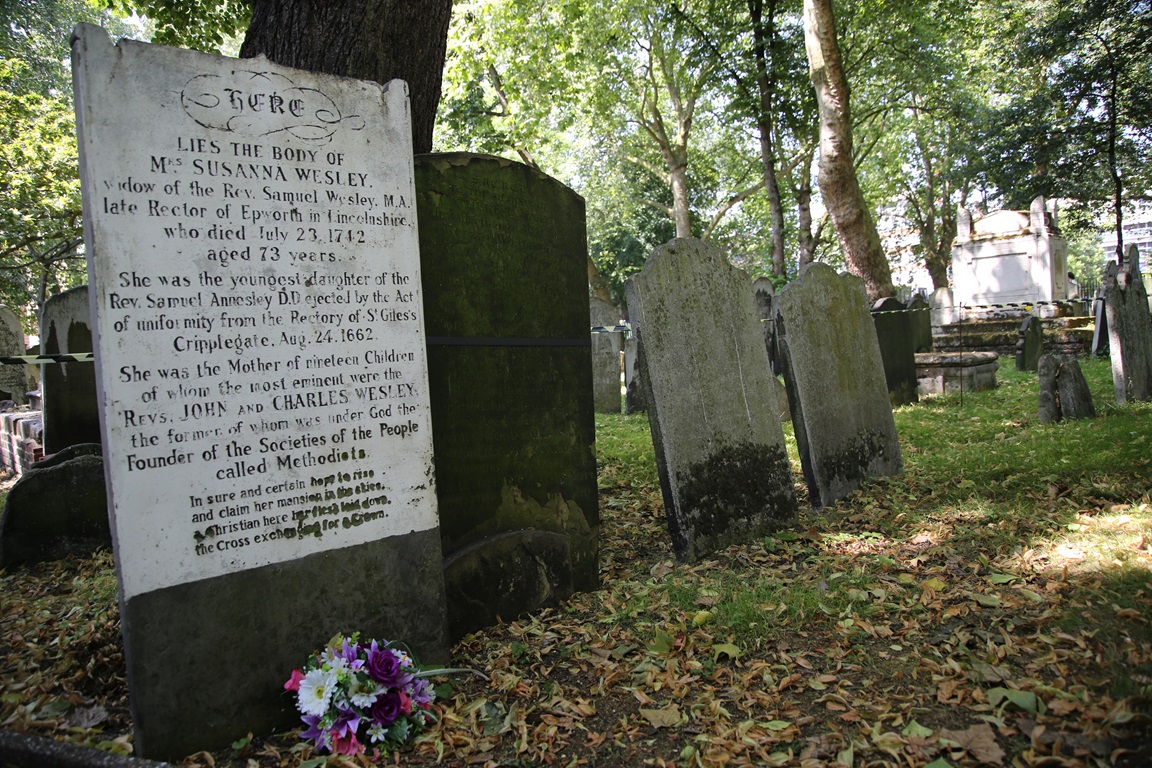My friend said, "When you are born, the day of your death is written in the book." What does that mean? Is our time of death predetermined?
There are several Scriptures that talk about a time to die and our days being numbered. The Book of Job says, “Our days are fixed, the number of our months with you, you set a statute and we can’t exceed it” (Job 14:5). Psalm 139:16 and the famous verse from Ecclesiastes 3, “a time to be born, and a time to die,” also point to the limited span of a human life.
Want to learn more?
The authors of those Scriptures may have been struggling with why bad things happen to good people, as in the Book of Job, or simply saying, “Life is short.”
Balancing the scope of God’s knowledge and human beings’ free will is always a tricky thing. When we say things like, “the day of your death is written in the book,” it appears to make sense based on the scope of God’s knowledge. However, it may not allow for the free will of human beings, including the sin in our lives that sometimes affects our lifespan, or the lives of others. As we seek that balance, we must be careful not to say that God causes our deaths.
John Wesley, founder of the Methodist movement, had a fundamental problem with attributing evil to God, or assigning God responsibility for the bad things that happen to people, including death. As Lamentations 3:32-33 says, “Although God allows grief, he will have compassion according to the abundance of his steadfast love; for he does not willingly afflict or grieve anyone.”
The Bible tells us death is an enemy (1 Corinthians 15:26) and in the end will be defeated (Revelation 21:4). Jesus himself grieved the death of his friend Lazarus before reviving him (John 11:38-44). In another story, Jesus brought a little girl back to life (Luke 8:49-56). He did not welcome or accept death. He worked against it throughout his ministry and his resurrection is the “first fruits” of the age to come when death will be no more.
United Methodists do not believe God causes harm to his people or their deaths. Rather, we understand harm and death as part of this fallen, broken and sinful world. Even as we long for the day when death will be no more, we recognize God’s unconditional love and presence with us during times of suffering, pain, and even death.
Whatever happens after death, we live with hope in life eternal and in the assurance that, "Neither death, nor life, nor angels, nor rulers, nor things present, nor things to come, nor powers, nor height, nor depth, nor anything else in all creation, will be able to separate us from the love of God in Christ Jesus our Lord" (Romans 8:38-39).
This content was produced by Ask The UMC, a ministry of United Methodist Communications.




